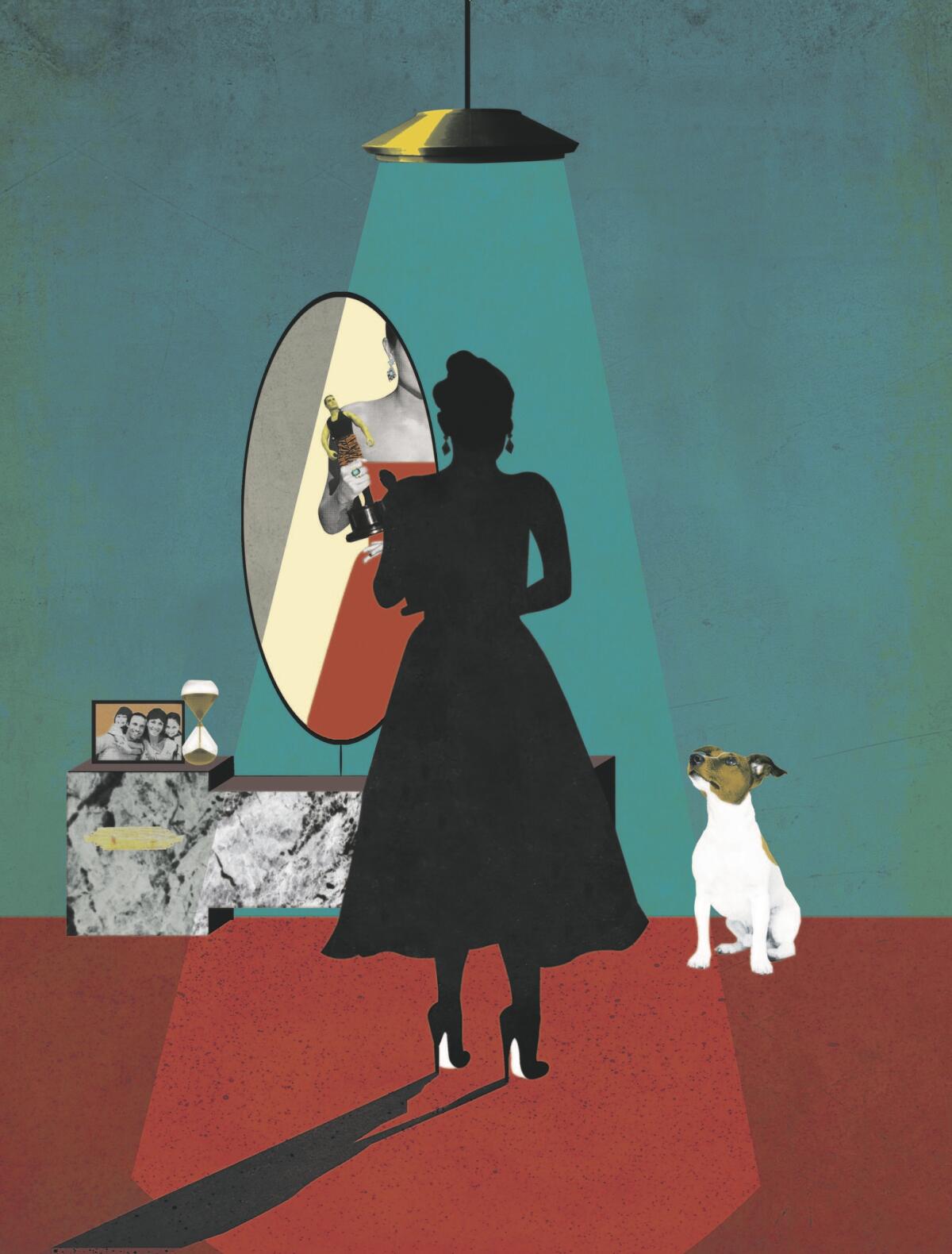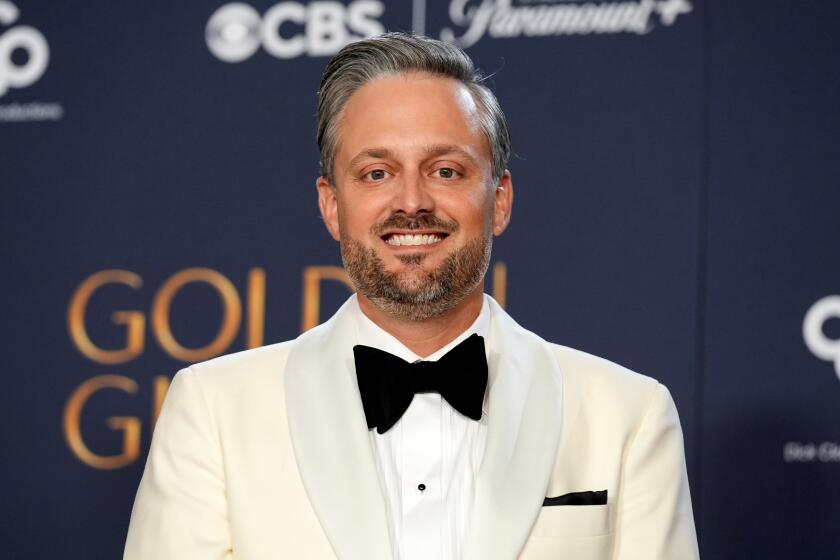Some tips for getting that Oscar speech just right — first, start writing it now
- Share via
Barring something spectacular happening at the Oscars on Feb. 26, we know who’s a shoo-in to win the imaginary best Speech of the Season statuette this year:
The Oscar-winning actress’ use of her lifetime achievement award acceptance at the Golden Globes in January to focus on political issues rather than her own career electrified both the crowd in the Beverly Hilton’s ballroom and audiences watching around the world. And earned her a couple very special tweets from President Trump.
“We could discuss for an hour all the things she did right in that speech,” says Hilari Weinstein, president of High Impact Communications, and a specialist in helping people prepare for speeches of all kinds. “She wore her glasses. She apologized for having lost her voice. She addressed individuals in the audience by their place of birth. Tricks come across as tricks, but it was perfection because it felt real.”
But while Streep made it look natural and easy, giving a passionate acceptance speech – especially one that has to be delivered in a highly emotional, agitated state before millions, knowing you’ll be played off the stage in a matter of seconds – is no easy task. Those who decide to just wing it are doomed to either failure or mediocrity.
If you sound incoherent or sophomoric it really undercuts your credibility."
— Dan Gerstein
“There’s a real risk for public figures who want to be taken seriously,” says Dan Gerstein, founder and president of Gotham Ghostwriters. “If you sound incoherent or sophomoric it really undercuts your credibility. We’re a celebrity-driven culture, but for a lot of Americans we suspect celebrities are dilettantes or entitled or self-serving. If you want to be taken seriously, it’s important to make sure you know what you want to say.”
So where to start? If you’ve landed a nomination, you’ve got a one-in-five (in most categories) chance of winning an Academy Award, which means it’s time to get down to business and abandon all superstitions that advance preparation will somehow jinx your win.

“Meryl Streep, who has won probably more awards than anybody, has never failed to prepare – and it has never jinxed her,” scoffs Weinstein, who notes that there’s no simple formula for a great acceptance speech.
Yet there are elements every speaker should consider, starting with who will be listening. “There are two audiences,” she says. “One in the room and the one watching around the world. Those receiving an honor need to find ways to connect with both.”
Weinstein says structure and organization – not necessarily memorization – are your friends. She suggests breaking down an acceptance speech based on the time allowed. A 45-second speech can be broken into one- or two-sentence blocks of 15 seconds each.
“Think about how if you could only get out one sentence, what would that sentence be?” she says. “There’s a comfort in knowing that in the back of your mind, or on a notecard in front of you, three elements you want to get out there even if you’re overcome with emotion.”
Talk about your competition, then the people you want to thank, then relate a personal story or call to action."
— Patrick Munoz
Patrick Munoz, a West Hollywood voice and speech coach who works with celebrities on their accents and speeches, relies on CPR: Competition, People, Relate. “Talk about your competition, then the people you want to thank, then relate a personal story or call to action,” he says.
“Remember Leonardo DiCaprio, who won for ‘The Revenant’?” says Munoz. “He started out talking about his competition, thanked people, then related a personal story about having to go to the southern tip of the world to film because they couldn’t find snow, which is a direct result of global warming – his call to action. That’s what he was passionate about.”
Additionally, practice is a must – and if you’re a woman, Weinstein suggests preparing by reading the speech in the heels you’ll be standing in on the big night. “Having that sense of groundedness helps the presenter better articulate what they want to say. If you’re wearing heels designed for fashion, it can make the body feel like it doesn’t have equilibrium.”
In the end, says Gerstein, it’s about not just speaking for the sake of speaking. “The Oscar stakes are higher than the Golden Globes,” he notes. “It’s a more serious setting, so the opportunity is greater – but so is the potential risk. If you win an Oscar, it’s likely the pinnacle of your career. You never know if you’ll win another. So to not be ready in that moment is completely unnecessary.”
See the most read stories this hour »
ALSO:
Some Oscar speeches truly stand out — for better or worse
Video of Michael Keaton pocketing what could be Oscar speech goes viral
Watch Robin Williams' Oscars speech; Affleck, Damon pay tribute
From the Oscars to the Emmys.
Get the Envelope newsletter for exclusive awards season coverage, behind-the-scenes stories from the Envelope podcast and columnist Glenn Whipp’s must-read analysis.
You may occasionally receive promotional content from the Los Angeles Times.





